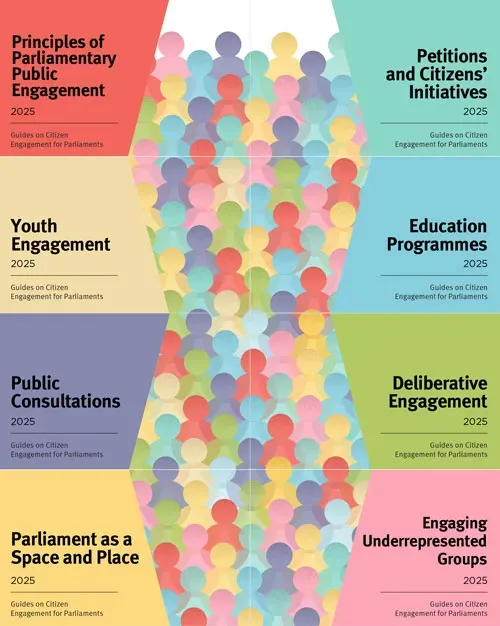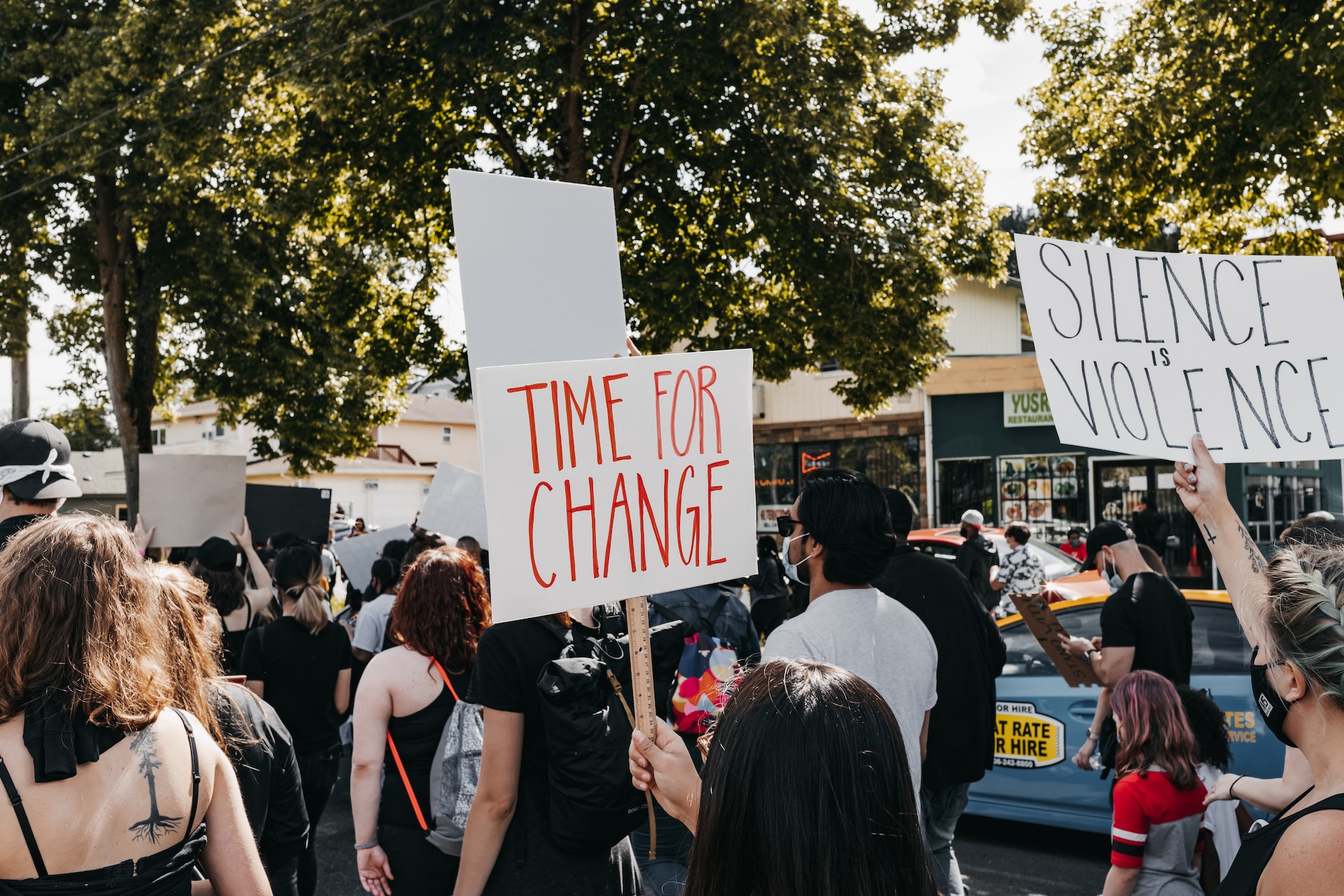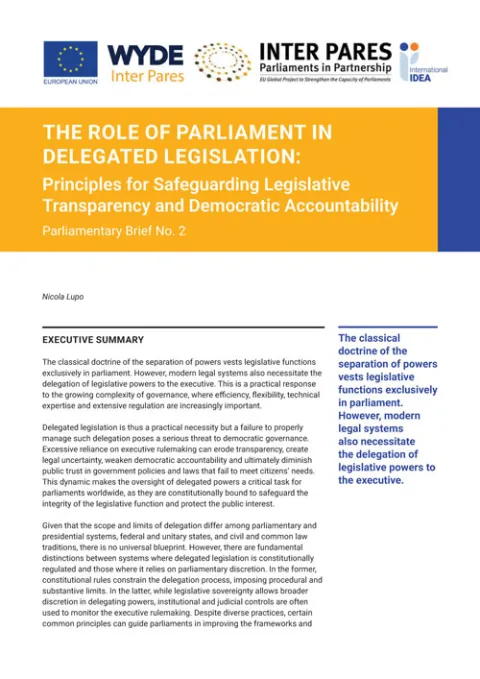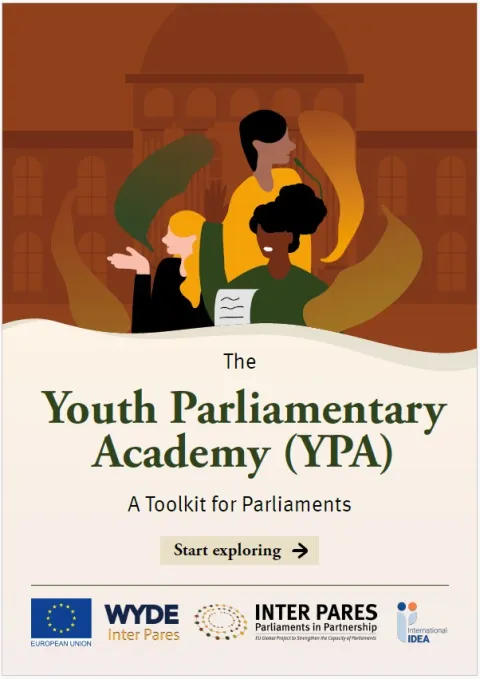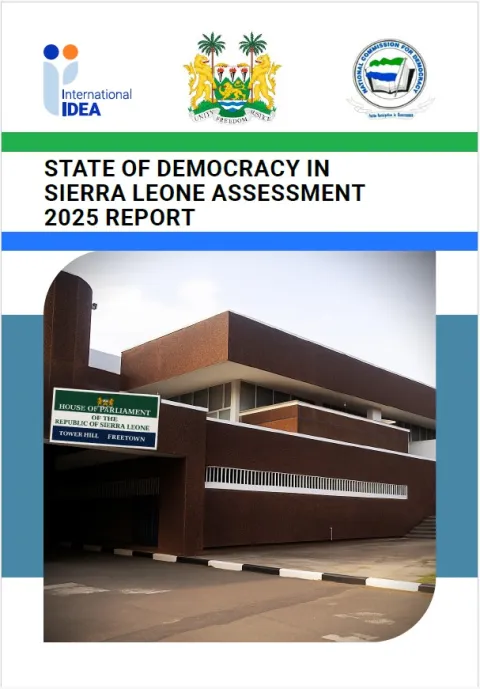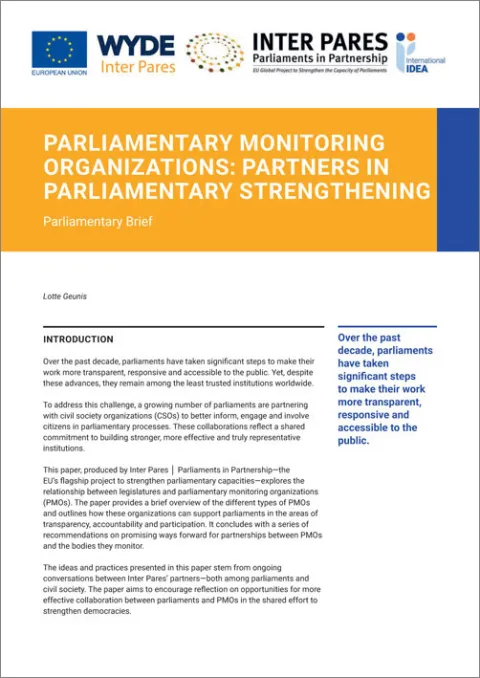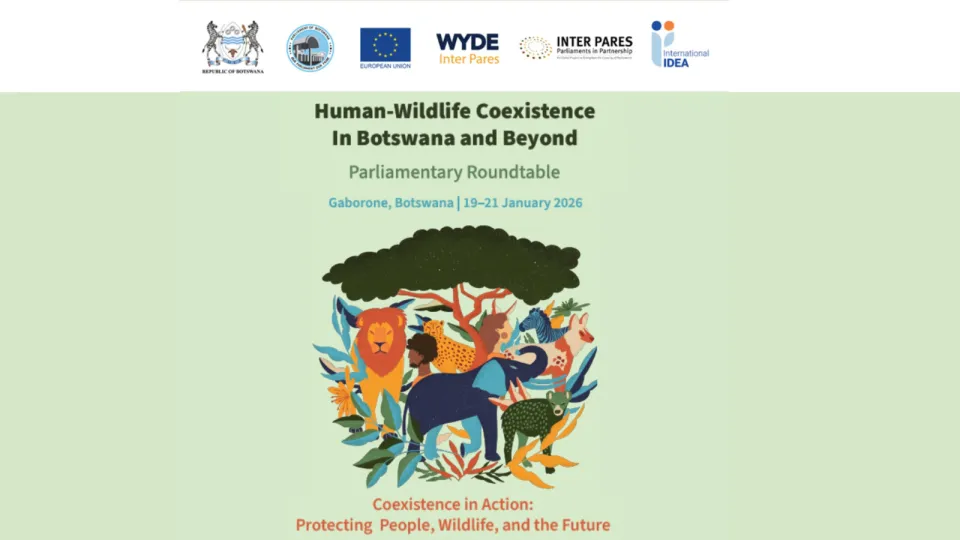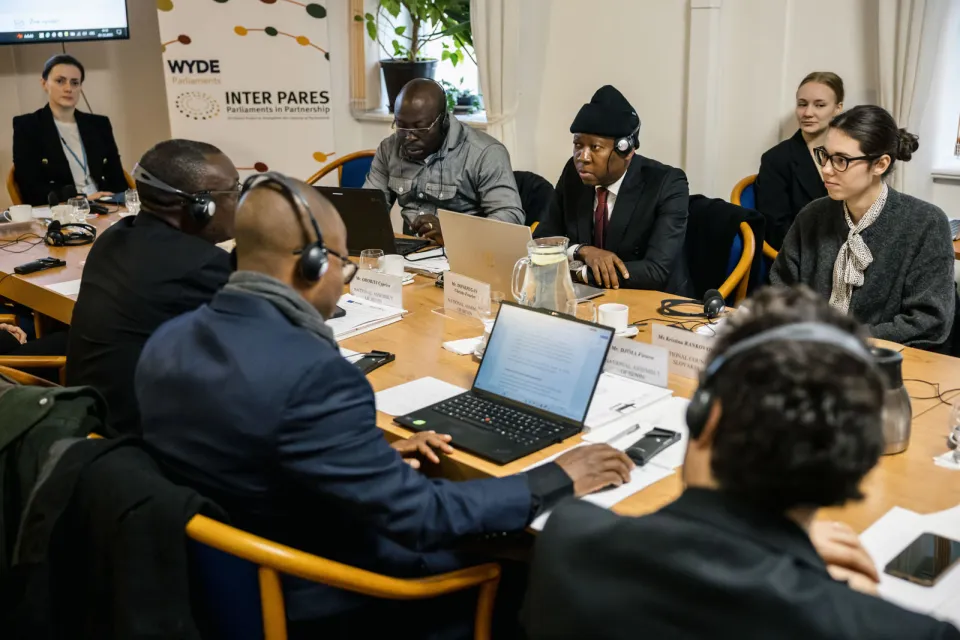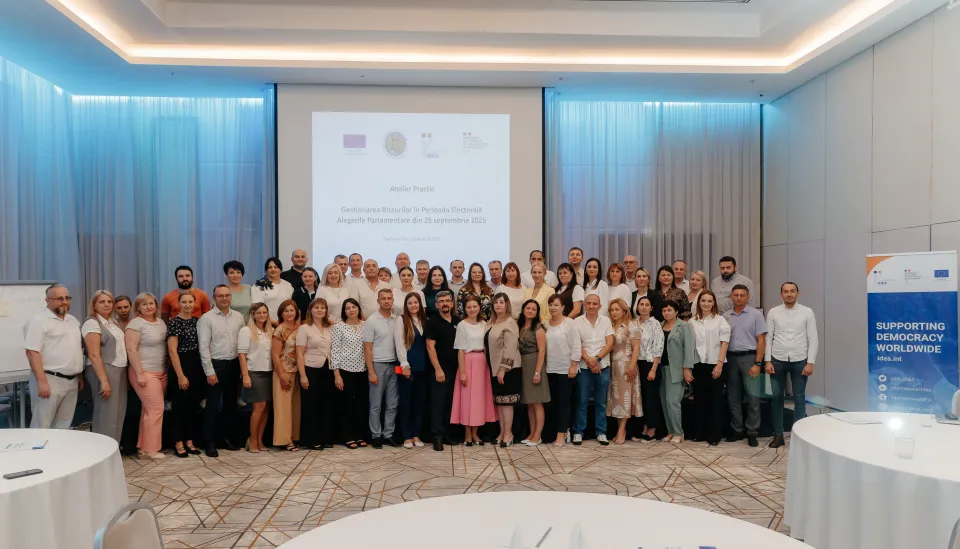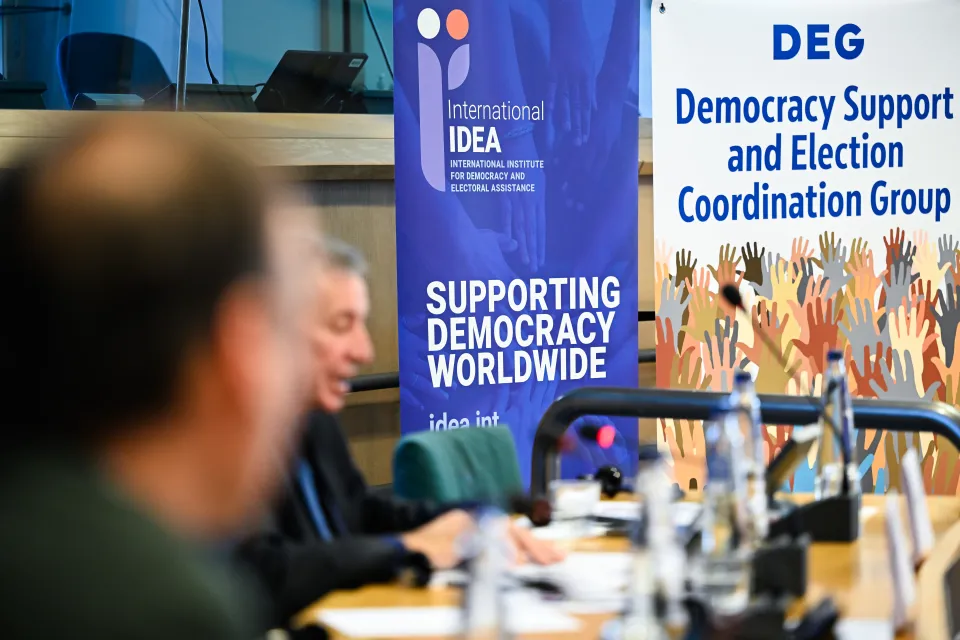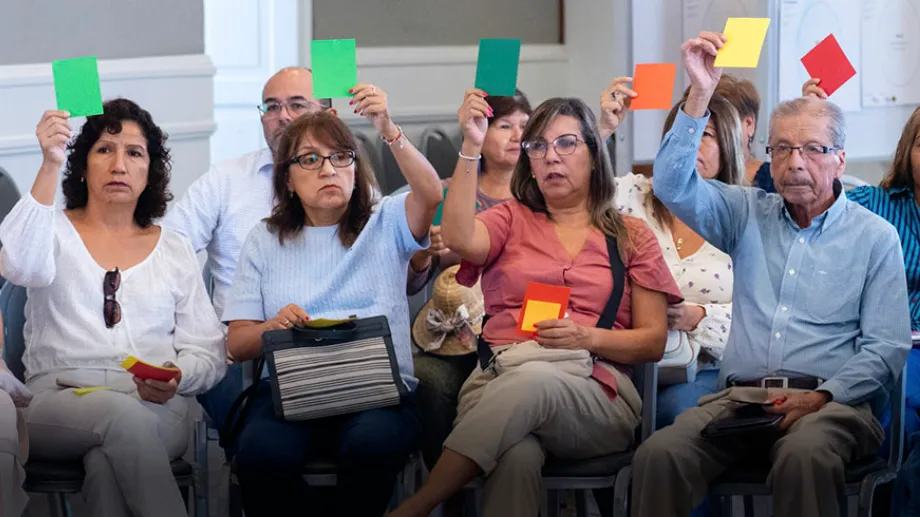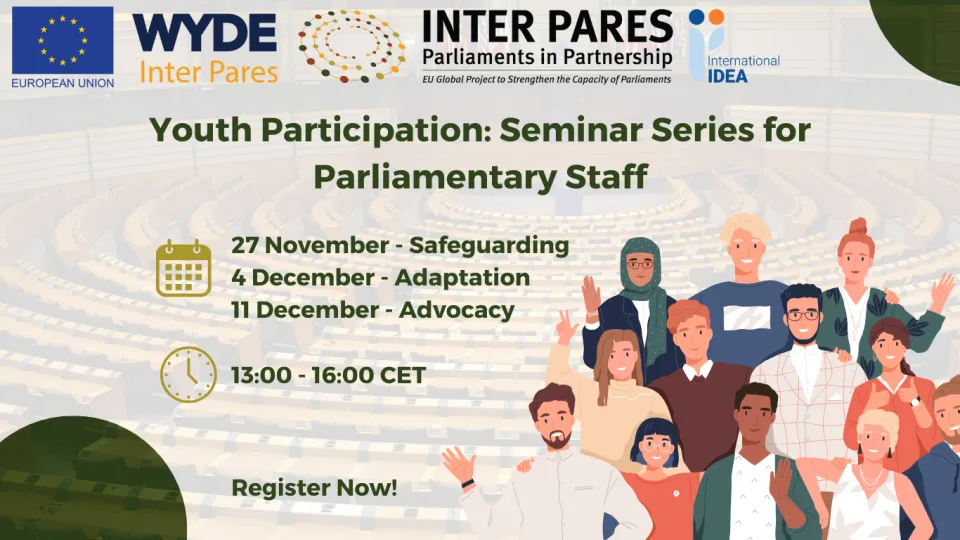Engaging Underrepresented Groups
Citizen engagement processes in democracies are regularly criticized for only involving ‘the usual suspects’: people from broadly similar, usually socio-economically advantaged, backgrounds. This means parliaments are less likely to make decisions, policies and legislation that respond to the needs and interests of the wider population, and more likely to be seen as elite institutions. Engaging underrepresented groups is therefore key for overcoming these challenges and improving democratic outcomes.
This publication was developed by the International Parliament Engagement Network (IPEN), in partnership with Inter Pares. It was produced with the financial support of the European Union as part of the Inter Pares I Parliaments in Partnership project, implemented by International IDEA. Its contents are the sole responsibility of International IDEA and IPEN and do not necessarily reflect the views of the European Union.
Explore the full suite of Citizen Engagement Guides for actionable tips and inspiration to strengthen your parliament's engagement with the public on the Inter Pares page. Click for more information.
Check out our podcast: Beyond the Walls: Rethinking Parliament as Public Space.
Details
Contents
Executive summary
Introduction
1. Defining underrepresented groups
2. Why engage underrepresented groups
3. Practice
4. Materials
Give us feedback
Do you have a question or feedback about this publication? Leave us your feedback, and we’ll get back to you
Send feedbackEngaging Underrepresented Groups
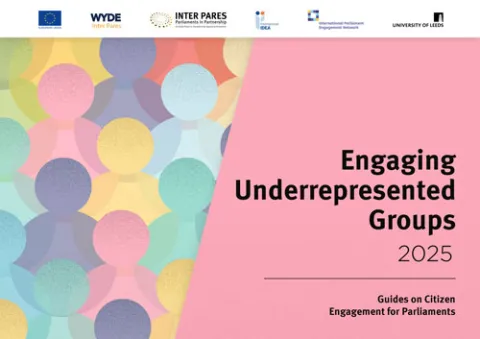
| Total views | 1887 |
|---|---|
| Downloads | 224 |
| Rating |
Give us feedback
Do you have a question or feedback about this publication? Leave us your feedback, and we’ll get back to you
Send feedback